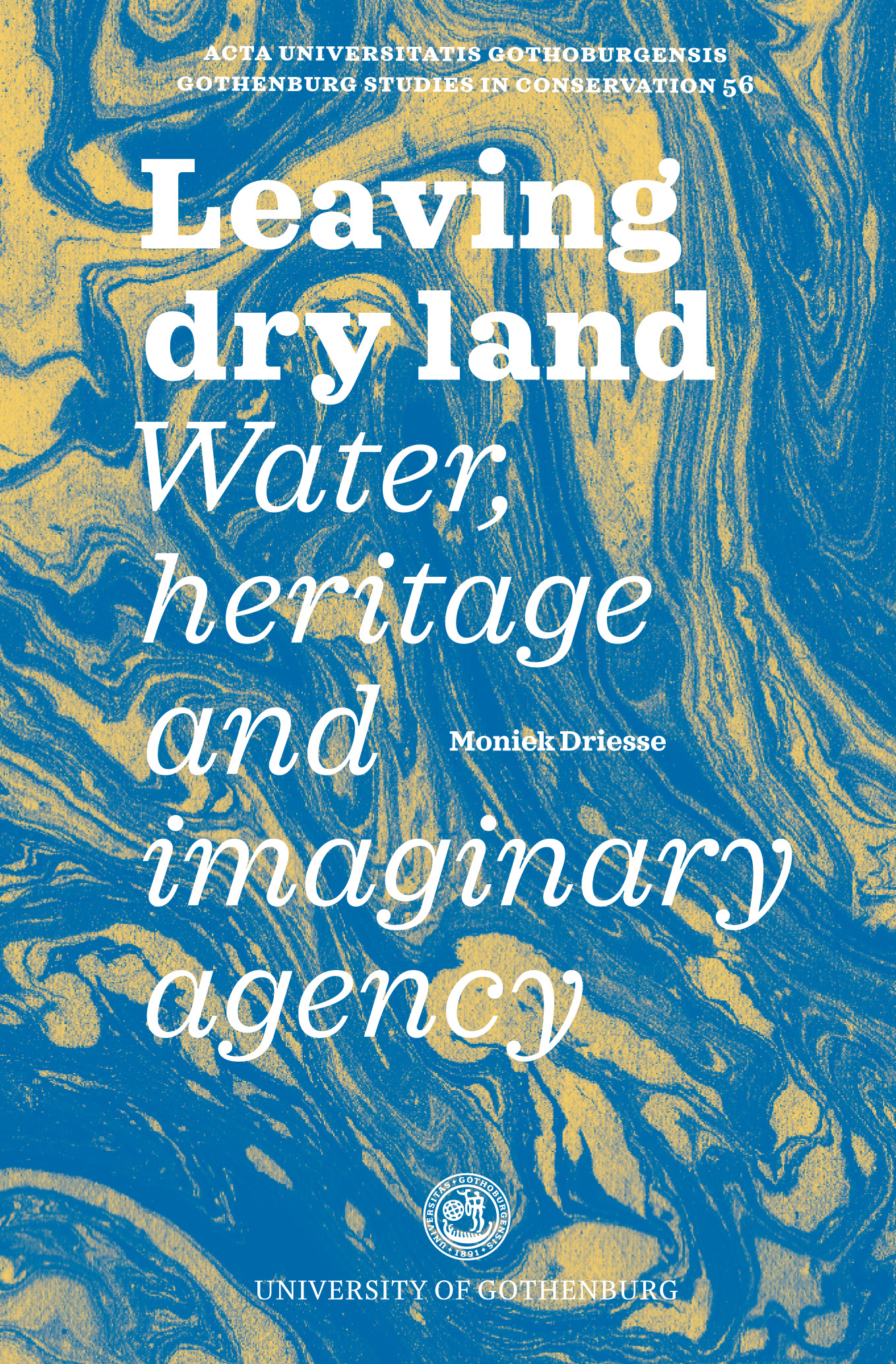This doctoral dissertation explores the interplay between water, heritage and the agency of the imagination. Instead of seeking how to map subjects or heritage, the research focuses on the ways in which mapping and the cartographic gaze have produced subjects in specific categories. It seeks to create moments of orientation and reorientation to experience the effects, affects and possibilities to imagine ways beyond these fixed geocodes and the taken for granted. As such, this dissertation contributes to broader discussions regarding critical design practices alongside critical heritage studies, while channelling design’s ability to shape the world and to explore potential approaches that foster collective imagination and planetary care. Two iterations of a fluid methodology were conducted in Mexico City and Gothenburg, foregrounding precarious issues in heritagisation processes and exploring aquatic agency. The methodology provides a tool for bridging different epistemologies, disciplines and perspectives, fostering transdisciplinary collaboration and knowledge permeation. By engaging with water as a subject and employing imaginative techniques, the research aims to actively (re)imagine the past, present and future of urban environments, enabling diverse infrastructures, ecologies and cosmologies to emerge. Heritage is reconceptualised as a navigational system that traces diverse relations in the world. In this sense, the research challenges modern heritage paradigms by acknowledging the ephemerality of water.


